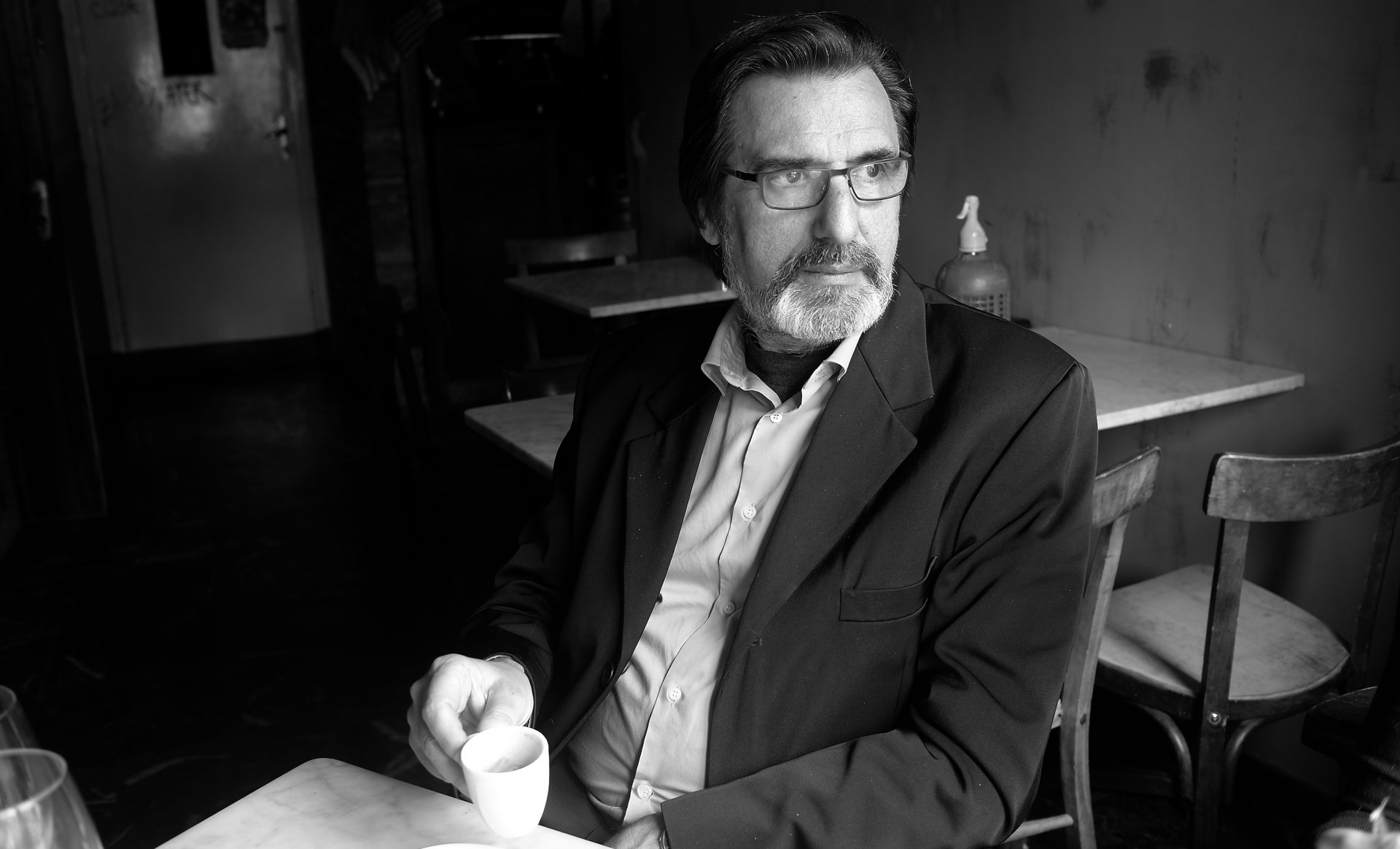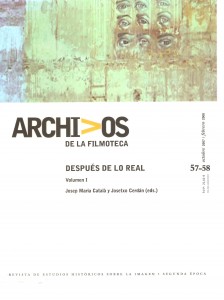There is no doubt that the field of documentary films has turned into one of true complexity in the past years, once the initial surprise of witnessing its vigorous rebirth out of its own ashes during the decade of the nineties has passed. This is something that nobody is refuting, but the reactions that such a complexity provokes are in no way unanimous. In broad terms, we can say that, on the one hand, there are those who celebrate the new situation as a sign of maturity –even if this entails, to a certain extent, the dissolution of the classical canons of the medium and we run the risk of losing it as a differentiated cinematographic form in the process. On the other hand, there are those who, in face of this danger, close ranks not so much around the classicism of the medium as around an idea that is much broader than documentary film in itself, but which the latter supposedly represents: that is to say, the notion of a public space that is rational and democratic. It is hard to ignore the reasons for this second position when it is true –and any one of us can confirm this– that rationality, democracy and objectivity are notions that are oftentimes the object of debates that are not always so rational, public and democratic as one would hope.
That this deterioration coincides with the dissolution of the characteristic parameters of a cinematographic mode such as that of the documentary film, which was born within the framework of these ideas and even as their own proverbial tool, appears to lead one to believe that the complex counterpart of the documentary, which necessarily becomes established in the discussion of these presuppositions, belongs no less unavoidably to the anti-democratic, anti-rational and individualistic movement which can characterize some of the episodes of the inappropriately called and vastly misunderstood postmodernity. In other words, traditionally, the documentary has been exclusively linked to discourses of sobriety, something that the productions of the last decade seriously questioned. This is so because, in these years, the documentary has definitively penetrated the convergence that fiction films had already addressed during the previous years. And it has done so hand in hand to reality TV, to YouTube and even to Second Life, without forgetting the recent and promising field of online and interactive documentaries. And this is merely the beginning.

